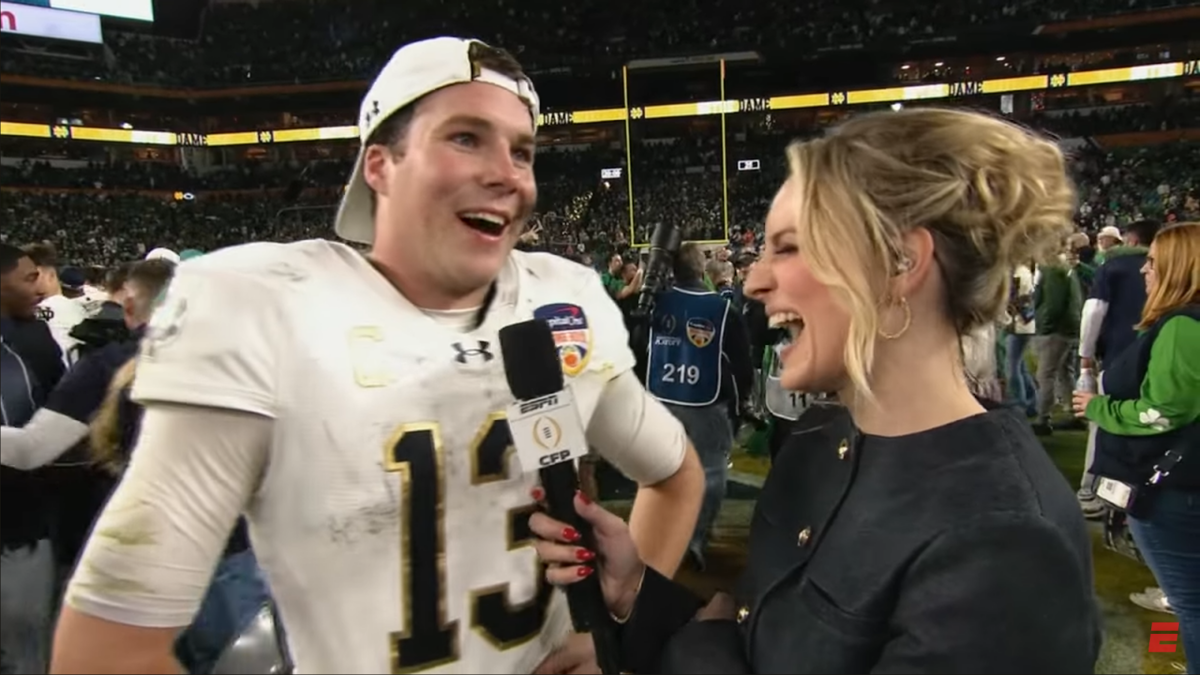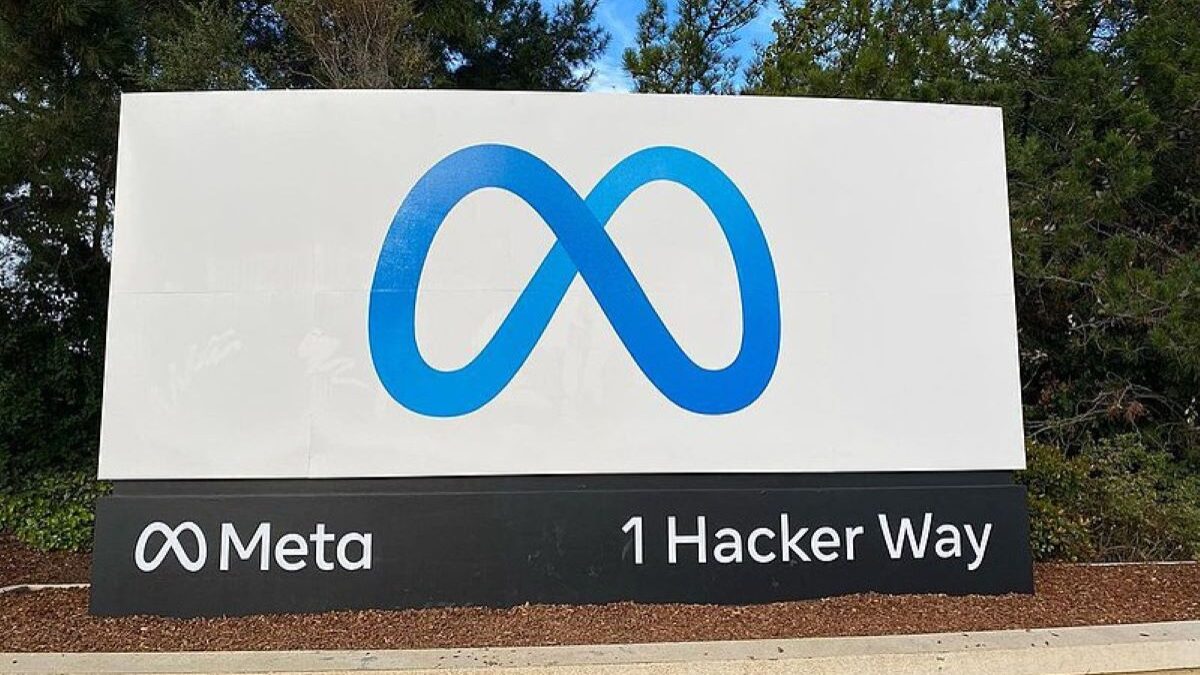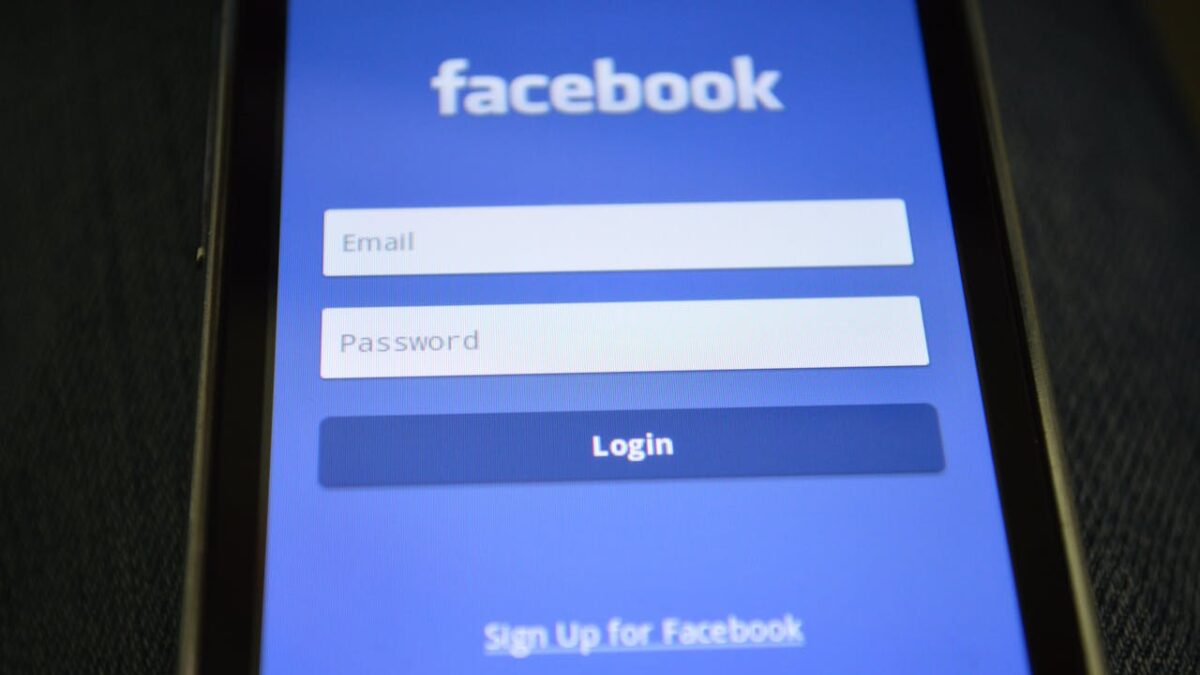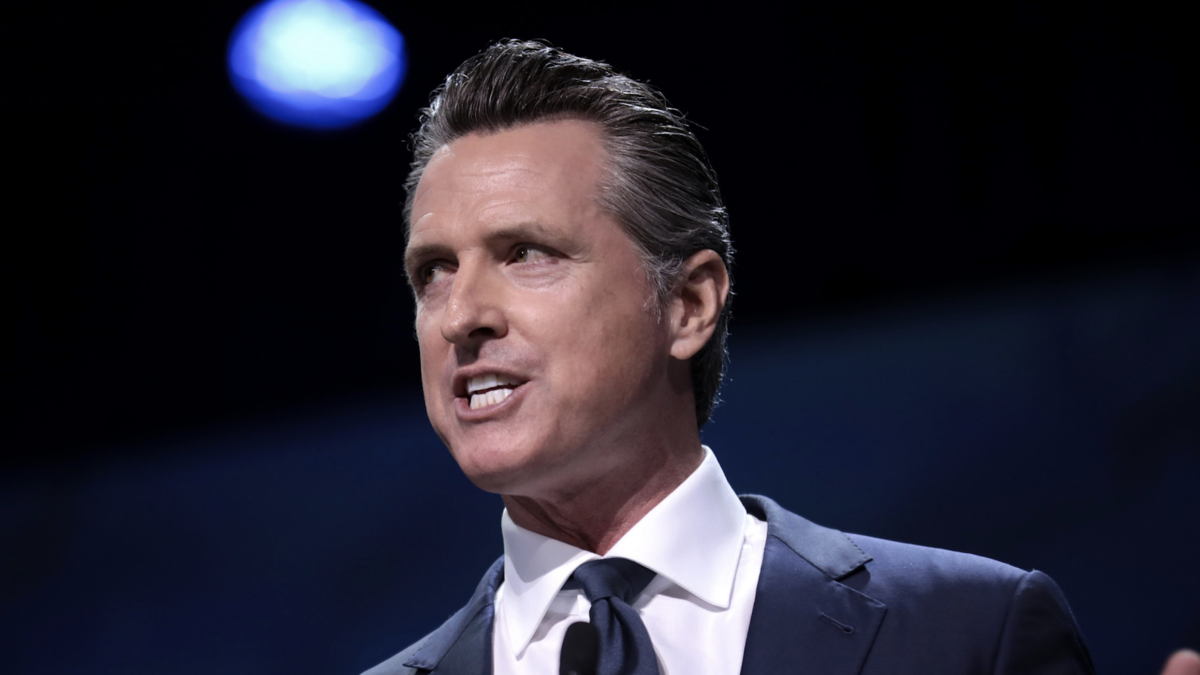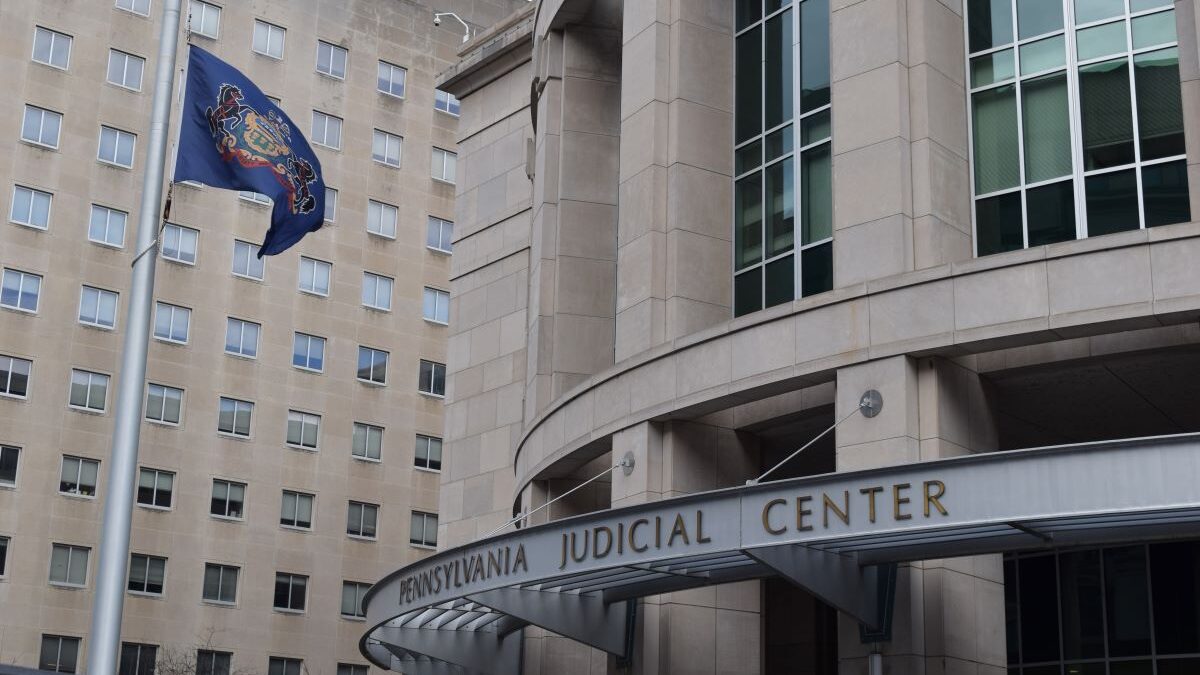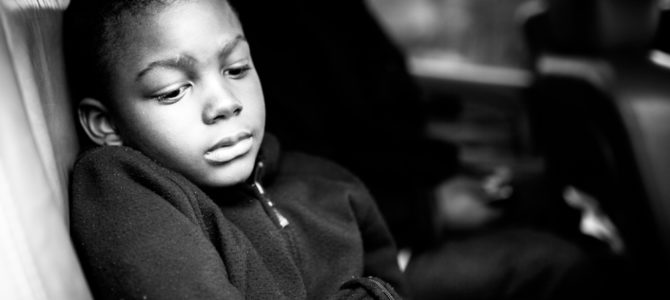
The tragic deaths of Ahmaud Arbery, Breonna Taylor, and George Floyd have led to riots, civil unrest, and protests against police brutality, systemic racism, white supremacy, and what many see as a disregard for black life in America. Many protesters link the deaths of Abrey, Taylor, and Floyd to past injustices, asserting that racist whites and police pose the same threat, or worse, to black Americans today.
These passionate claims have met broad agreement from leftist elected officials, media outlets, and entertainers. The ubiquity of the claims, combined with their general lack of relevant supporting evidence, highlights a distinct peculiarity within black political culture: black leaders fight harder against white supremacy than they do for black progress.
This phenomenon manifests itself in the tendency for the black leadership class to elevate the values, beliefs, and behaviors of white people above those of black people. That is why public discourse about the obstacles facing blacks in America is dominated by things white people must fix — like “systemic racism” or “unconscious bias” — rather than things black people can control, such as their culture and values. This perverse line of thinking gives the impression that black problems only matter when white people cause them, and that white thoughts are more important than black actions.
Dangerous Omissions
By and large, the more a story can be tied to systemic racism or white supremacy, the more it will be amplified in popular culture. For instance, what started as a white woman trying to harness racial stereotypes to get a black birdwatcher in trouble with the police turned into prominent people wildly overreaching and comparing the incident to Emmett Till’s murder. What followed was a predictable chorus of columns, cable news appearances, and Twitter history lessons about how white women pose a critical threat to black men.
Actual threats to black life, by contrast, attract much less national outrage. Shootings and homicides have risen dramatically this year in large urban cities across the country, yet there seems to be more concern for performative public art projects than protecting the lives of the black people being gunned down in the bloody hellhole of Brooklyn.
Probably no one epitomizes everything wrong with the black intelligentsia more perfectly than Georgetown professor Michael Eric Dyson. A frequent media presence on matters of race, Dyson participated in an MSNBC panel discussion that mocked people who express concern about the impact of absent fathers on young black men, going so far as accusing them of engaging what he called the “magical black father” myth.
As a social scientist, Dyson should be supremely aware of research that shows children raised by their married biological parents do better across numerous social and economic indicators than children raised in other family arrangements. Yet, for some curious reason, he never mentioned that.
Dyson’s appearance on Fox News a few years later showed what he actually believes would improve the condition of black people. He suggested white people could set up individual reparations accounts to offset the systemic injustices they believe blacks still face in America today.
These two appearances embody the essence of this destructive worldview that is rooted this odd brand of white superiority propagated by leftists — any action by whites that appears to expose or address systemic racism, regardless of how trivial, is to be prioritized over any initiative black people take to improve our own lives, regardless of how important.
Analyzing Social Problems With Objective Facts
It may be difficult to determine the exact motivations of the individuals who engage in this behavior, but its effects on the black community are clear. Rhetoric from black leaders about black Americans being hunted down because of their race is unsupported by evidence, but the vicious cycle of misinformation, hyperbole, and social media amplification increases fear, anxiety, and feelings of hopelessness.
That is why it is so important to ground any analysis of social problems in objective facts. For instance, the percentage of black-on-white homicides in 2018 was twice as high as white-on-black murders, a statistic that has been consistent for decades.
It’s also easy to debunk claims that “murderous police” and mass incarceration constitute an ongoing genocide against black people. In the past five years, about 25 percent of those shot and killed by police were black, and only 2 percent were unarmed. Yet the truth distortion caused by the media gives the impression that police only shoot unarmed black men.
In reality, nearly half of the people killed by police in the last five years have been white, including whites who have died under the weight of an officer’s knee, during a no-knock warrant operation, shot in the back, shot in their doorway with their hands up, and shot after calling the police to report a crime.
The mass incarceration narrative also crumbles under any scrutiny. Contrary to popular books like The New Jim Crow and documentaries like 13th, racist drug enforcement is not what is behind the large population of black Americans behind bars. The truth is that 61 percent of black inmates in state prisons — by far the largest part of the prison system — are there for violent crimes. Drug possession accounts for just 3 percent of the black prison population, and all drug offenses account for 13 percent of the black prison population, a rate lower than white or Hispanic offenders (16 and 14 percent, respectively).
The power of the white superiority complex held by black leaders doesn’t just come from distorting racism, but also from minimizing any issue that requires self-examination and self-correction within black culture. There is no greater example of this than the reluctance of black leaders to publicly address the decades-long disappearance of the black nuclear family. We black Americans may talk about the importance of family structure amongst ourselves, but any leader who addresses it publicly — including President Obama — is denounced by leftists and accused of engaging in “respectability politics.”
Violent crime against blacks is another issue that only inspires national attention or outrage when a white perpetrator is involved. The sad truth is that, despite being 13 percent of the population, blacks make up more than half of the nation’s homicide victims each year.
Where the race of the offender is known, blacks are also the offenders in more than 90 percent of black murder cases. While intra-racial violence is the rule for every demographic group, the homicide victimization rate for blacks is six times higher than whites, a fact that explains why, at 39 percent, homicide is the leading cause of death for black males ages 15-34.
Rejecting Permanent Victimhood
The prioritization of white beliefs and values over black ones also extends into popular culture. That is why a video of two men being arrested in Starbucks for not buying anything and ill-considered ad campaigns from H&M and Gucci inspire nationwide calls for boycotts, while a hip hop icon like Snoop Dogg can be a brand ambassador even after showing up to an award show with two women on dog leashes, bragging about his time as a pimp, and referring to a veteran black female journalist as a “funky dog head b—-.”
The black intelligentsia should have forcefully denounced these behaviors. Yet degrading black women, much like when black men are killed, is only seen as a problem when white people do it.
A black leadership class that claims to care about black lives should be spending the majority of its time trying to address the issues facing the black family and working to positively shape black culture. A venerable organization like the NAACP should be using its political capital, clout, and moral force to promote the “success sequence” while imploring black artists to stop polluting black culture instead of getting white Hollywood stars to “take responsibility” for racism. Unfortunately, many of the people claiming to care about black lives will dismiss any discussion of black culture and behavior in the black community as a diversion tactic pushed by racists to perpetuate stereotypes about black pathology.
Any political philosophy that says black people are powerless victims of society’s institutions and systems who require white people to use their autonomy, agency, and privilege to uplift blacks is held down by the black intelligentsia’s unique view of white supremacy. Suggesting whites have a greater capacity for moral reasoning, emotional regulation, and reasoned decision-making than blacks is a paternalistic and infantilizing impulse that should be rejected completely.
It doesn’t matter if the people pushing it are grievance grifters targeting guilty white liberals, anointed prophets of anti-racism who promote sophomoric ideas, or people who would trade the solid substance of black self-sufficiency for the thin gruel of white benevolence. Any social, cultural, economic, or political phenomenon that affects other groups can affect black people as well.
If out-of-wedlock births, drug abuse, and violence hurt the life prospects of white people, why wouldn’t the same be true for black people? Black activists and intellectuals frequently criticize whites about their fragility and demand they confront their values and behaviors. It’s time for them to take their own advice.


